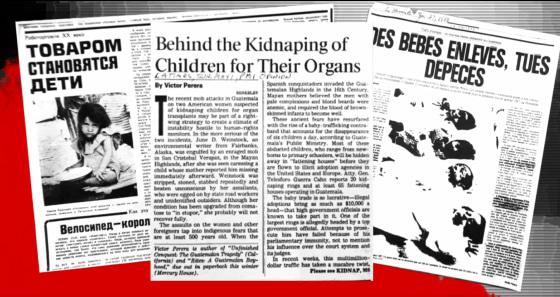In the lead-up to Moldova’s upcoming parliamentary elections, intelligence reports reveal a marked intensification of Russian disinformation campaigns aimed at influencing the outcome. According to data from Recorded Future News, Moscow has escalated efforts to spread misleading narratives and exploit existing social and political divisions within the country. These information operations seek to sway public opinion and undermine confidence in Moldova’s democratic institutions, highlighting the broader geopolitical struggle playing out in Eastern Europe.
Russia Intensifies Disinformation Campaign Targeting Moldova’s Parliamentary Elections
Recent intelligence reports indicate a marked escalation in Moscow’s tactics to manipulate public opinion ahead of Moldova’s upcoming parliamentary elections. Utilizing a sophisticated network of fake social media profiles and state-controlled outlets, the campaign primarily disseminates misleading narratives aimed at undermining pro-European candidates while amplifying support for pro-Russian factions. Cyber operations have also been detected targeting electoral infrastructure, raising concerns over the integrity and transparency of the voting process.
Key vectors of the disinformation push include:
- Spreading false claims about election fraud and corruption.
- Exploiting ethnic and linguistic divides within Moldovan society.
- Amplifying conspiracy theories related to Western influence.
- Coordinated bot activity to manipulate trending topics on social platforms.
| Disinformation Method | Primary Targets | Impact Observed |
|---|---|---|
| Fake news articles | Pro-European candidates | Decreased public trust |
| Social media bots | Young voters | Polarized online discourse |
| Email phishing campaigns | Election officials | Heightened security concerns |
Analyzing the Methods and Impact of Moscow’s Influence Operations in Moldova
Recent investigations reveal that Moscow’s influence campaigns in Moldova leverage a multifaceted arsenal designed to undermine electoral integrity and sway public opinion. Central to these efforts is the deployment of sophisticated disinformation networks that exploit social media platforms, disseminating false narratives that question the legitimacy of Moldova’s parliamentary processes. These narratives often emphasize division, targeting both ethnic and political fault lines to deepen societal rifts. Additionally, state-linked trolls and automated bots amplify these messages, creating artificial trends that mislead the electorate. The strategic use of local proxies and sympathetic media outlets further entrenches these narratives, providing a veneer of credibility that challenges counter-disinformation measures.
The impact of these operations is palpable in Moldova’s political landscape, manifesting in fluctuating voter trust and increased polarization. According to recent metrics, key disinformation topics frequently revolve around:
- Questioning the independence of electoral institutions
- Promoting pro-Russian candidates as defenders of national sovereignty
- Amplifying fears over NATO and Western influence
- Undermining pro-European Union parties
| Disinformation Strategy | Primary Target | Effectiveness |
|---|---|---|
| Social media amplification | Young voters | High |
| Fake news in local outlets | Older demographics | Moderate |
| Ethnic tension exploitation | Minority communities | High |
| Political smear campaigns | Opposition parties | Variable |
Strategic Recommendations for Countering Electoral Disinformation and Safeguarding Democracy
To effectively neutralize the growing threat of Russian disinformation targeting Moldova’s parliamentary elections, a multifaceted approach is essential. Central to this strategy is bolstering media literacy through nationwide campaigns that empower voters to critically evaluate sources and recognize falsified narratives. Governments and civil society must collaborate to establish rapid-response fact-checking units capable of debunking misleading content in real time. In parallel, platforms hosting social media must enforce stricter transparency around political advertisements and ramp up algorithmic scrutiny to limit the amplification of malicious content designed to polarize electorates.
Institutional resilience should also be strengthened by implementing robust cybersecurity measures around electoral infrastructure and communication channels. Cooperation with international watchdogs and intelligence agencies can provide early warnings and actionable intelligence to preempt disinformation campaigns before they escalate. Below is a summary of key tactical recommendations:
| Key Focus Area | Recommended Actions |
|---|---|
| Media Literacy | Targeted educational campaigns; partnership with local NGOs |
| Content Moderation | Enhanced transparency; stricter platform algorithms |
| Fact-Checking | Real-time debunking; public awareness drives |
| Cybersecurity | Protection of election systems; international intelligence collaboration |
Wrapping Up
As Moldova approaches its parliamentary elections, the intensification of Russian disinformation campaigns underscores the ongoing geopolitical struggle for influence in the region. Observers and authorities remain vigilant as efforts to manipulate public opinion threaten to undermine the democratic process. The unfolding situation highlights the critical need for robust media literacy and transparent information channels to safeguard the integrity of Moldova’s vote.
















